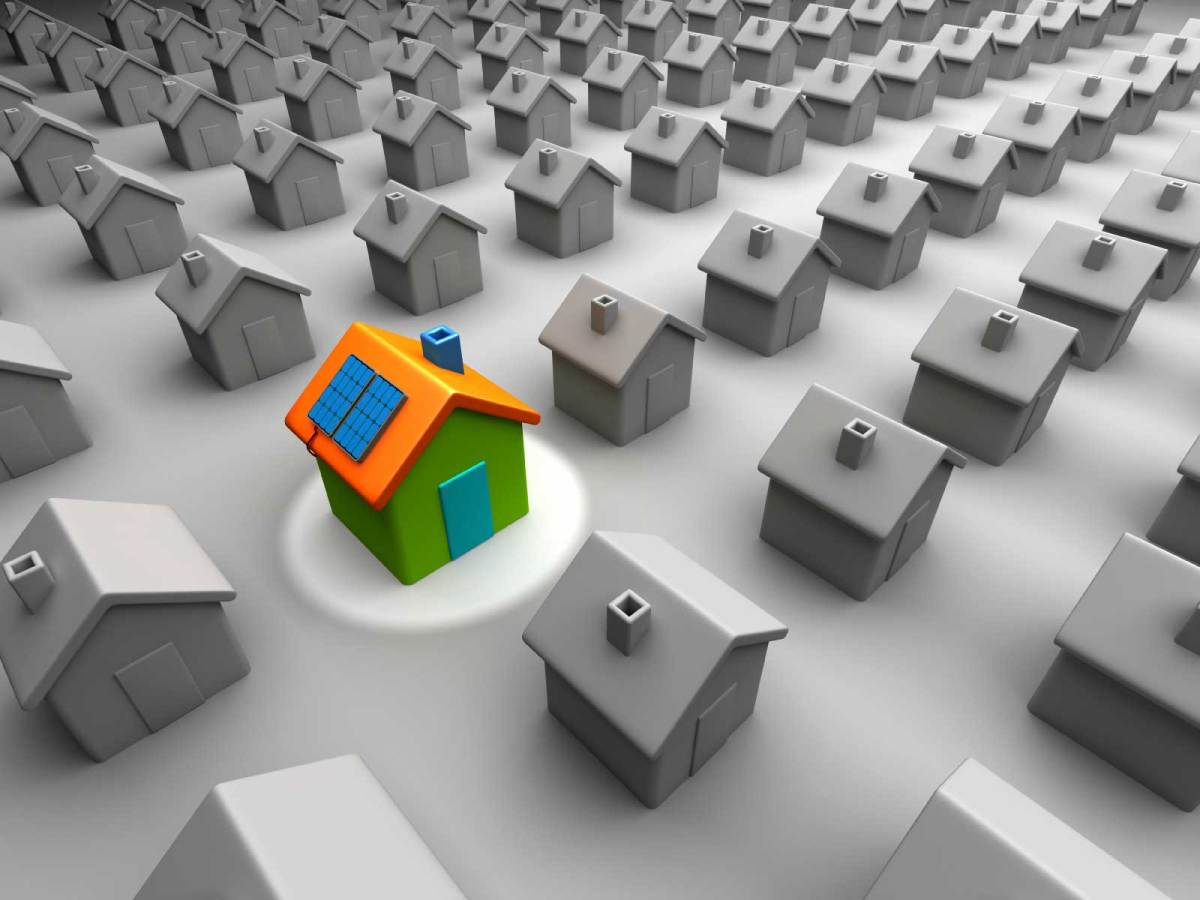Many have already begun connecting their televisions to the internet and now 53 per cent of tech savvy Australians believe that in the next five years connected homes will become a reality, according to a global survey conducted by internet security company Forinet.
The survey titled Internet of Things: Connected Home asked 1,650 tech-savvy homeowners in 11 countries about key issues concerning the trend of appliances communicating with each other over the internet. The Australian sample included 150 people and from this small pool some key insights emerged.
Gary Gardiner, ANZ director of engineering at Fortinet, said a lot of people don’t realise they already have technology capable of connecting appliances to the internet in their houses, most commonly via Smart TVs but also potentially washing machines and fridges.
“The uptake on those [connected fridges] has probably been a bit slim and I think probably because if you have a look at consumer spending, people tend to replace TVs a lot more often than they replace washing machines and fridges,” Gardiner said.
Gardiner believes connected homes are just starting to take off and compared the adoption of connected appliances to that of smartphones, which began slowly and later exploded as more vendors entered the market.
“The battle for the Internet of Things (IoT) has just begun. According to industry research firm IDC, the IoT market is expected to hit $7.1 trillion by 2020,” said Gardiner.
Earlier this year BSH announced plans for a Home Connect App to connect and control appliances from its four major brands (Bosch, Siemens, Neff and Gaggenau) as well as appliances from other brands. Samsung has launched its Ultra Large Capacity front loader with wi-fi and LG has brought a number of internet-enable appliances to the market over recent years.
Gardiner is looking down the track to the security and privacy concerns that accompany this trend. From a security perspective, the more popular a technology becomes, the more appealing it is to unscrupulous types who seek to exploit it for profit.
“The ultimate winners of the IoT connected home will come down to those vendors who can provide a balance of security and privacy vis-à-vis price and functionality,” he said.
A majority of all survey respondents voiced their concern that a connected appliance could result in a data breach or exposure of sensitive, personal information. Globally, 69 per cent said that they were either “extremely concerned” or “somewhat concerned” about this issue. Sixty-five (65) per cent of Australian respondents said that they were “extremely concerned” or “somewhat concerned.”
In a similar vein to anti-virus protection for PCs and mobile devices, manufacturers of internet-connected appliances have a duty of care to make their operating systems as secure as possible, Gardiner said. But it’s also up to the consumer to make sure they install all the relevant updates to protect their devices.
Retailers may soon be fielding questions about the security around an internet connected device, including wearable technology such as sports watches.
When asked about the privacy of collected data, a majority of global respondents stated, “privacy is important to me, and I do not trust how this type of data may be used.” India led the world with this response at 63 per cent. In Australia 60 per cent agreed with this statement.
“A lot of people don’t really understand or really contemplate the data or the information that is being collected about them,” Gardiner said. “So when you talk about a connected device, like a television or a fridge, you will end up with an end user license agreement that will typically say ‘we will take some data or information off you from that device and use it for marketing’.”
“So people just have to be aware that if they have an internet connected fridge and it knows how many pints of milk they buy a week, for example, that might be used for marketing terms.” The result: you might end up with an ad on the fridge for a different kind of milk.
There isn’t anything malicious about these agreements, however users should be aware that they have given up control of their data as it will be stored in the cloud. Today it’s not just about device security but also how securely the collected information is being stored, Gardiner said.
“There are more and more devices out there that are being connected to the internet and I think there is just a little bit of a lack of understanding as to the information that is being collected by companies.”

